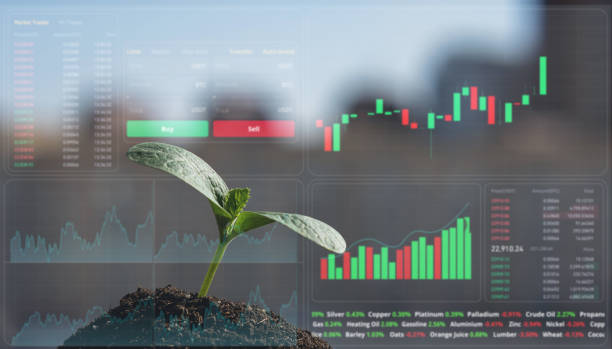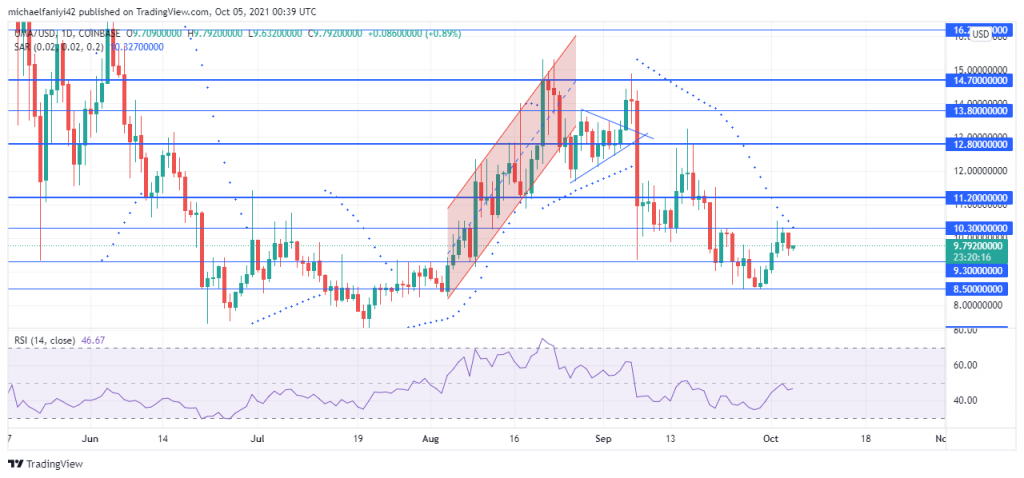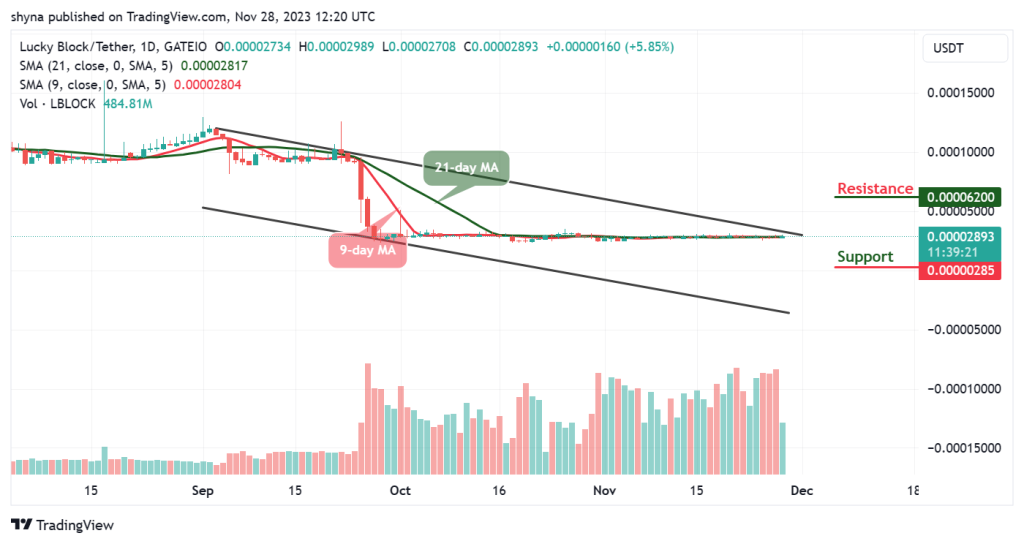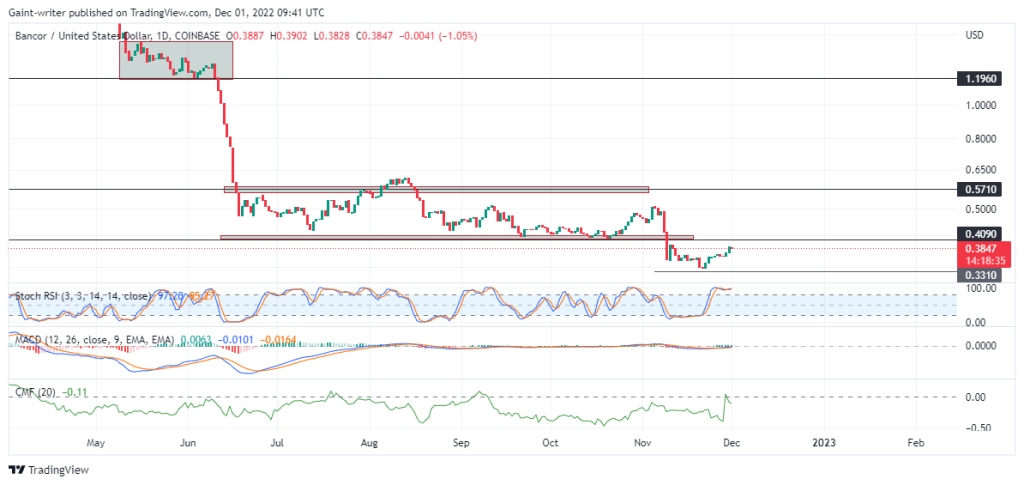Comparing Crypto Staking and Yield Farming: Which One Reigns Supreme?
Don’t invest unless you’re prepared to lose all the money you invest. This is a high-risk investment and you are unlikely to be protected if something goes wrong. Take 2 minutes to learn more

In the ever-evolving landscape of the crypto industry, opportunities for wealth accumulation have expanded beyond the realm of active asset trading. Over recent years, alternative methods of generating profits have gained significant momentum. Among these, crypto staking and yield farming have emerged as prominent avenues for accruing additional cryptocurrency assets by strategically locking up your holdings. In this article, we will delve into the dynamics of these two prominent strategies and explore their potential for wealth creation.
What Is Crypto Staking? A Deep Dive into Passive Earnings
Crypto staking means locking coins to validate transactions and earn PoS blockchain rewards. Staking more tokens improves chances for validation rights, with varying rules like deposit thresholds, rewards, penalties, and lock periods across PoS networks. Stakers aim to receive extra tokens by locking the native cryptocurrency in a designated wallet for a set period. Shared staking pools are popular for managing assets collectively and seeking substantial gains in the competitive staking landscape.
What Are the Advantages of Crypto Staking?
In an era where PoS blockchains are gaining prominence as eco-friendly alternatives to energy-intensive Proof of Work (PoW) systems, crypto staking has emerged as a dynamic avenue for crypto enthusiasts to put their assets to work and seek attractive yields.
- Enhanced Security and Stability: By stepping into the role of a block validator within a PoS network, you not only contribute to the network’s security but also reap the rewards of this contribution. Your funds are safeguarded in a dedicated wallet, ensuring their safety.
- Predictable Returns: Stakers enjoy the luxury of easily forecasting their returns, as staking rewards generally follow a predictable pattern, offering a level of financial security.
- Lower Risk Compared to Yield Farming: In comparison to the high-risk, high-reward nature of yield farming, staking tends to be a more stable option. The lower level of volatility and reduced exposure to unpredictable market dynamics make it a safer bet for many.
The Risks Involved in Crypto Staking
In the world of crypto staking, one underlying principle remains undeniable: there’s no such thing as a free lunch. Participants in the staking arena willingly accept certain risks as they aim to harness the potential for yield.
These inherent risks include:
- Lockup Periods: A critical consideration for crypto holders is the presence of lockup periods within most PoS networks. These time-bound phases restrict stakers from accessing their coins, serving as a precautionary measure to maintain liquidity and cash flow stability within the blockchain. Users typically need to unstake their assets before any transfer or use, if such actions are even permitted during the lockup period.
- Slashing: The blockchain’s authority to reduce the token holdings of users or staking pools arises when they fail to meet the stipulated terms of service. This is particularly pertinent to their roles as validators, and slashing penalties may be enforced if a validating wallet experiences prolonged offline periods or if users engage in activities like fraud or double-spending.
To address the challenges posed by lockup periods, a new breed of specialized platforms has emerged, offering liquid staking solutions. Platforms like Lido, designed primarily for the Ethereum ecosystem, issue derivative tokens that can be employed in decentralized finance (DeFi) applications while enabling staking activities to continue uninterrupted.
What is Crypto Yield Farming?
Yield farming, a key practice in the crypto world, is vital for enhancing liquidity in DeFi services like DEXs and lending platforms. Users deposit their crypto into DApps or DEXs via smart contracts, which autonomously handle token supply. In return, they can lock assets within DeFi protocols to earn interest through fees and incentives. The explosive growth of yield farming in 2020, partly driven by Compound’s pioneering efforts, provided rewards to lenders in the form of COMP tokens. Yield farmers contribute to liquidity by securing cryptocurrencies within DeFi smart contracts, supporting the success of DeFi platforms governed solely by smart contracts and algorithms, independent of centralized control.
Advantages of Yield Farming
Yield farming stands distinct from traditional staking, offering its own set of rewards within the DeFi landscape. Despite its higher risk profile, this strategy offers several unique advantages:
- Enhanced Returns: Yield farming can provide substantially higher yields for investors who are willing to actively manage their tokens, outperforming staking pools in terms of potential returns.
- Special Status: Yield farmers occupy a distinctive role in DeFi by contributing liquidity, actively promoting the democratization of finance, and facilitating censorship-resistant transactions across decentralized networks.
- Participation and Influence: Participants in yield farming possess the ability to influence the development of DeFi protocols when they receive governance tokens as rewards, providing them with a voice in the ecosystem’s evolution.
The Risks Involved in Yield Farming
Similar to staking, yield farming carries inherent risks that demand vigilance and due diligence.
- Complexity: Yield farming requires a more hands-on and intricate approach, potentially intimidating newcomers. As a result, beginners may need guidance and clarification on yield farming strategies to navigate this complexity effectively.
- Impermanent Loss: An ongoing concern pertains to impermanent loss, occurring when token prices fluctuate after locking them in a pool. This risk is particularly pertinent for volatile tokens and should be carefully assessed.
To mitigate these risks, it is imperative for yield farmers to exercise due diligence and engage with well-established protocols featuring professionally audited and reviewed smart contracts to safeguard against potential vulnerabilities and security threats.



